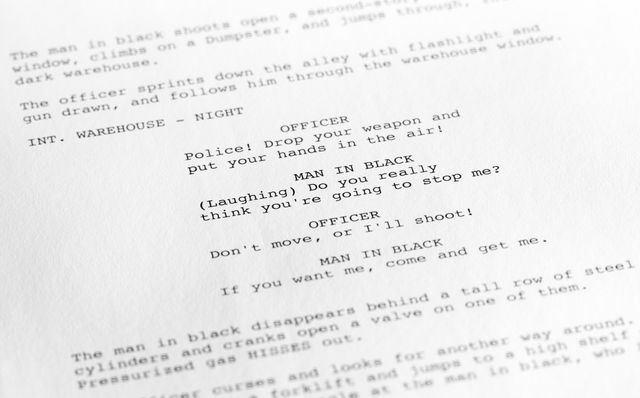Under Code of Practice 9 (COP9) and the Contractual Disclosure Facility (CDF) a taxpayer has the opportunity to make a complete disclosure to HMRC of all tax irregularities, in return for immunity from prosecution. Fully engaging with the procedure should result in a financial settlement being reached with HMRC.
Whilst the first stage of COP9 often involved a formal meeting with HMRC, taxpayer attendance was not a requirement.
From 14 June 2023, HMRC’s approach to meeting with the taxpayer under COP9 or CDF has changed. HMRC can now require the taxpayer to personally attend meetings. Prior to this, there was no obligation for a taxpayer to attend a meeting with HMRC, however, the new guidance suggests that failure to do so may be seen as a lack of co-operation.
HMRC’s position is not new. In an attempt to encourage a taxpayer to attend an interview, HMRC often say that the taxpayer refusing to attend an interview can be interpreted as non-cooperation which may have a bearing on the level of reduction HMRC can give to any penalties. However, the decision of HMRC formalising their preference for taxpayers to meet with HMRC as part of the CDF process will certainly split opinion.
Here are some points to consider when looking to have a meeting with HMRC:
- Agree the issues and agenda in advance: If HMRC stray into topics not on the agreed agenda you do not have to provide answers to them on the day.
- Is it the right time for a meeting: Often an officer may want to have a meeting early on in the investigation, however, a meeting is more likely to be beneficial once certain information is shared, facts are established and the areas of disagreement are clear. In this instance, you are not saying no to a taxpayer meeting – just not yet.
- Consider whether there is a legitimate reason for the taxpayer to not attend: If English is not your client’s first language or the issues to be discussed are of a complex technical nature – query what benefit there is to the client attending the meeting when they have appointed an agent.
- Take a note: Many cases have dragged on because of a disagreement as to what was said at a meeting. Make a note or, if it is a virtual meeting consider recording the session and using that as the basis of an agreed note – reducing the likelihood of challenges down the line.
- Don’t be afraid to end a meeting early: If it is clear that there is very little benefit to be had from continuing a meeting, it is perfectly acceptable to bring matters to a close.
In recent years CDF cases have been dealt with swiftly and successfully without the need of meetings with HMRC. By updating their guidance, HMRC are making it clear that they reverting to their historic approach to these types of cases where taxpayer meetings with HMRC were a vital part of the investigation process. However, as long as you are prepared, and it is in the taxpayer’s interests to do so – meetings with HMRC should not be feared.










